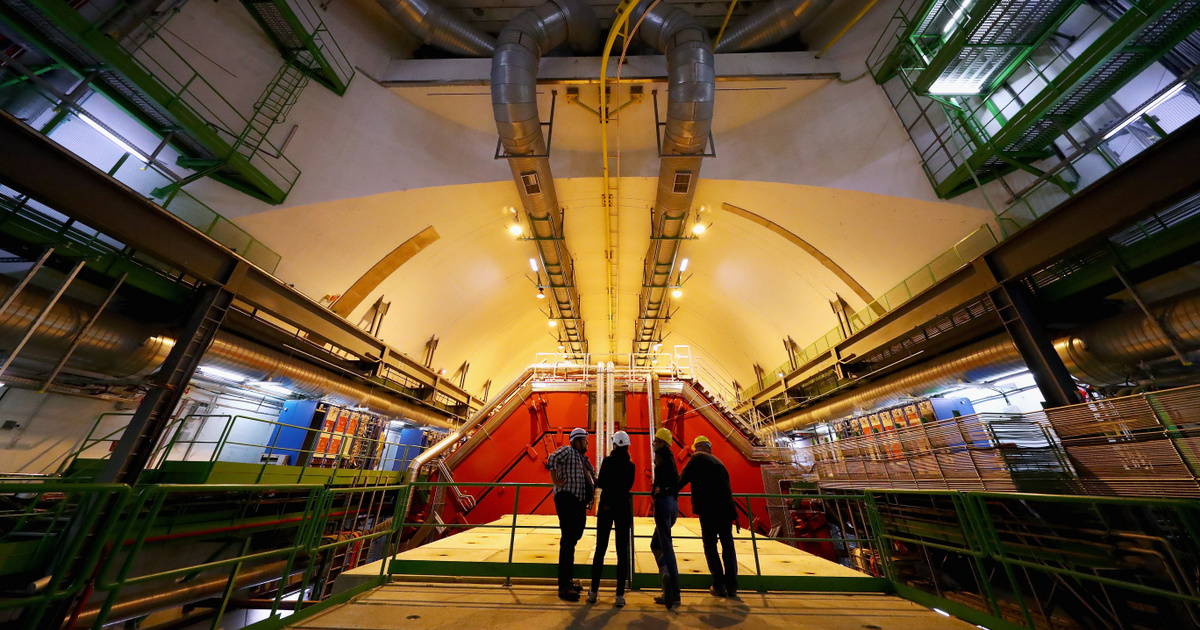If the plan is approved, it will be built three times larger than the current particle accelerator. the BBC Critics say the plan is ill-advised because initial construction costs alone amount to £12 billion. Many question the economic sense of another particle accelerator. CERN member states will add costs.
The Large Hadron Collider's (LHC) biggest achievement was the discovery of the Higgs boson in 2012. But since then, efforts to find the two holy grails of physics – dark matter and dark energy – have failed and some researchers say there are less expensive research options.
You need a bigger tool
The name of the new device will be Future Circular Collider (FCC). CERN's director general, Professor Fabiola Gianotti, said that if its construction was approved, it would be a “beautiful machine”.
It is a tool that could allow humanity to make big steps forward in answering fundamental questions about our knowledge of the universe. That's why we need a more powerful tool
– Tell.
According to the proposal, a particle accelerator three times larger would be built in two stages. In the first phase, work will begin in the mid-2040s and will collide electrons. The hope is that the increased energy will produce a large number of Higgs bosons that scientists can study in detail.
The second phase will begin in the 2070s and will require more powerful magnets, so advanced that they have not yet been invented. Instead of electrons, heavier protons are used to search for new particles.
Why do you need a bigger tool?
A larger instrument is needed because the current instrument has not yet been able to find particles that would help explain 95% of the universe.
Scientists are still searching for two big unknowns: a force called dark energy, which acts as a reversal of gravity and disintegrates objects in the universe, such as galaxies. The other is dark matter, which cannot be detected but whose presence can be felt through gravity.
According to Professor Gianotti, the FCC is needed because the discovery of this dark matter would lead to a new, more complete theory of how the universe works.
Critics, such as Sabine Hosenfelder of the Center for the Philosophy of Mathematics in Munich, say there is no guarantee the new collider will succeed.
(Cover photo: Behind the scenes at CERN, the world's largest particle physics laboratory, on April 19, 2017 in Meyrin, Switzerland. Photo: Dean Mouhtaropoulos/Getty Images)














































